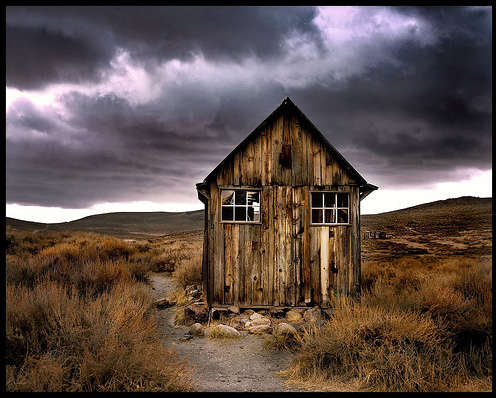FWP:
SETS == HUMOR; IDIOMS; MUSHAIRAH; WORDPLAY
Here's another witty and delightful example of Faruqi's observation that wordplay is really meaning-play as well. The beloved has 'warmed up' a space for herself (think of a 'housewarming') in the breast of her lustful lovers. Naturally she likes it, as the speaker (surely the true lover) comments ruefully or bitterly, for it's a 'cool' house, free of the unquenchable fires of passion. And in a hot climate like that of North India, everyone would be glad to live in a cool house, as Bekhud Dihlavi observes. In a verse like this, how can we disentangle the wordplay from the meaning-play?
The first line also contains the idiom jaa garm karnaa . In his discussion of {312x,5}, which plays with the same idiom, Gyan Chand defines it as 'To take a fixed place; that is, to come and sit down for a long period'. In both verses, Ghalib makes us enjoy both the idiomatic meaning ('to settle down') and the literal meaning ('to make a place warm/hot'). In the present verse the literal meaning is especially enjoyable, because it bounces off the description of the lustful lovers' breast as a 'cool house'.
It's also a great classic mushairah verse in structure. The first line makes us curious about her choice of dwelling, and the first half of the second line only increases our eagerness to know what's going on. But the punch-phrase is withheld until the last possible moment. Surely the original audience must have gotten, with the sudden flash of comprehension, a really good laugh.
For another meditation on the relative 'heat' of the hearts of the lover and the worldlings, see {5,6}.
Compare Mir's beloved, who has moved instead into a better dwelling: her true lover's breast: M{324,6}.

Nazm:
By 'people of lust' is meant the Rival, for in his breast there's no burning of passion, and for this reason it's been called a 'cool house'. (147-48)
== Nazm page 147; Nazm page 148